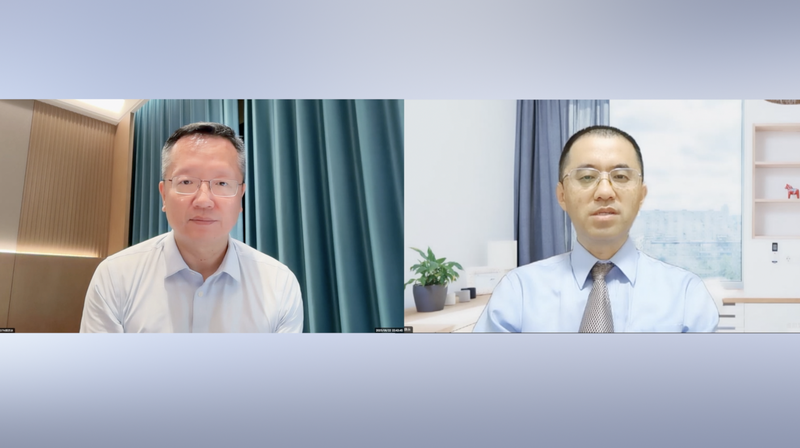Under the cover of recent operations, three nuclear sites in Iran were struck by US forces, prompting a fresh debate over legal and environmental repercussions. Guo Xiaobing, a research professor at the China Institute of Contemporary Relations, told CGTN that these strikes violate international law and risk setting a dangerous precedent in global security.
Despite the International Atomic Energy Agency's statement on Sunday that no radiation was detected at the targeted locations, Guo emphasized the need for continued radiation monitoring. "Ongoing checks are essential to identify any delayed leaks or hidden hotspots," he said, highlighting uncertainties that can emerge long after an initial assessment.
The exchange between expert warnings and official reports underscores a broader challenge for international governance: how to ensure transparency when technical data conflicts with alarms raised by analysts. For young global citizens, this case offers a lesson in following the data, questioning assumptions, and pushing for robust oversight.
As the world watches, entrepreneurs, tech enthusiasts, and activists alike are left asking: what mechanisms can reinforce accountability after disputed strikes? And how will environmental safeguards evolve in an age where military action and nuclear technology increasingly intersect?
Ultimately, sustained radiation monitoring and clear legal frameworks will be crucial to maintaining trust—and preventing unintended fallout—for communities near conflict zones and beyond.
Reference(s):
cgtn.com




